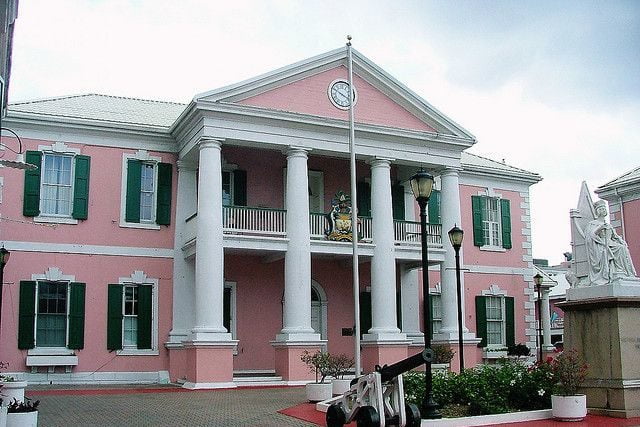By Nicole Burrows
A commenter recently posited the following on a local news agency’s website, regarding statements made by the country’s Minister of Finance:
“Perhaps someone with knowledge of economics should be Minister of Finance. Apparently, a CPA has no clue of how it works.”
It got me thinking about the development challenges faced by The Bahamas, those current and historical. And why it is that no matter how good the ideas provided to them, persons in leadership are unable to execute these ideas and realize the potential intended in them. Insufficient finances aside, the reason for this seems to tie back to the fact that many who occupy leadership positions are not qualified to do so, and therefore do not possess the requisite levels of understanding to originate relevant ideas themselves, or to develop and administer a successful plan of action on ideas given to them.
In the commenter’s thesis, he proposes that a Certified Public Accountant (CPA) is in the wrong job as Minister of Finance. Accountants have special training and skills. Accountants aren’t necessarily trained in finance and therefore won’t necessarily know how finance works, and if their training is the basis by which we judge their qualifications, they would naturally have less of an idea of how economics works — their expertise after all is in accounting.
We have a serious problem in The Bahamas ascribing qualifications to the unqualified. Because an accountant deals with tracking money, most people assume he must or should also be a financial analyst… or an economist. And any one of these people who sound like they have something to do with money or business must be qualified to plan and legislate for a country’s economy… no?
This matter raises another concern: the conclusion that economists are business people and business people are economists. Economics does not equal business, and business does not equal economics, despite their interchangeable use in regular discourse.
The belief that any business person by nature of so being could, or should, run a country’s economy or prescribe economic policy for development is both foolish and false.
And by the same token, an economist won’t necessarily excel at running a private business. The skill sets, while having some degree of crossover, are not identical. It would also be ridiculous to assume an economist can do the job of an accountant or financial analyst, unless also specifically trained in those specialties.
For the benefit of those who are unaware, as distinct from accounting and finance, economics studies the allocation of limited (often extremely scarce) resources in a world of an increasing number of people with unlimited demands.
Notwithstanding the fact that econometrics attempts to make it a natural science, economics is regarded as more of a social science, because it considers the psychology and behavior of people, which is the reason why economic forecasting is often difficult and inaccurate — sometimes human beings are predictable, sometimes they are not.
Notwithstanding its arguable nature, economics is a necessary field of study and employment, and The Bahamas’ place in a modern economy requires that the inquiry and application of economics, specifically economic development policy, be given more significance than it has to date.
The Bahamas, considering its needs, challenges, and its status as a developing country, should be primarily focused on the nature of its intended (and not haphazard) development, operating with a different organizational structure of government, one that includes a Ministry of Development (Sustainable, Economic), led and staffed by trained development economists who understand the peculiar needs and sensitivities of The Bahamas. Surely there are many educated Bahamians in country and overseas to fill these roles.
Moreover, economists should by nature of their understanding of the definition of economics, inherently be or become — through their training — innovators in economics, especially in development where new ideas, plans, and policies are desperately and frequently needed. The practice of their specialty should not begin and end with propagating classical economic theory and applying 19th century tools (mostly created in and as a result of the Industrial Revolution) in a 21st century world, or forcing actual subjective realities into contrived objective forecasts. There is far more to be had from the practice of economics, whether classical or modern.
With so many of the wrong people in the wrong positions and the wrong tools to measure the wrong things, it is not hard to comprehend why The Bahamas continues to face economic development challenges.
It is extremely problematic to have a country’s leaders and a cabinet of ministers (decision-makers) who are not elected on the basis of their suitability to lead an economy, but are expected to do so anyway, and for whom it is not a requirement to know or understand basic economic theory. The same applies to the matter of appointing an Economic Recovery Committee (ERC) of business people, or members of civil society to advise them, who excel in other things but who also lack the specific expertise to help the decision-makers create informed economic policy.
This, unfortunately, is central to Bahamian society, government, and private enterprise — the hiring of people in decision-making and leadership roles who are unqualified to carry the serious responsibilities demanded of those positions, or to make the exceptionally life-changing decisions they’re heavily relied upon and very well-paid to make.






